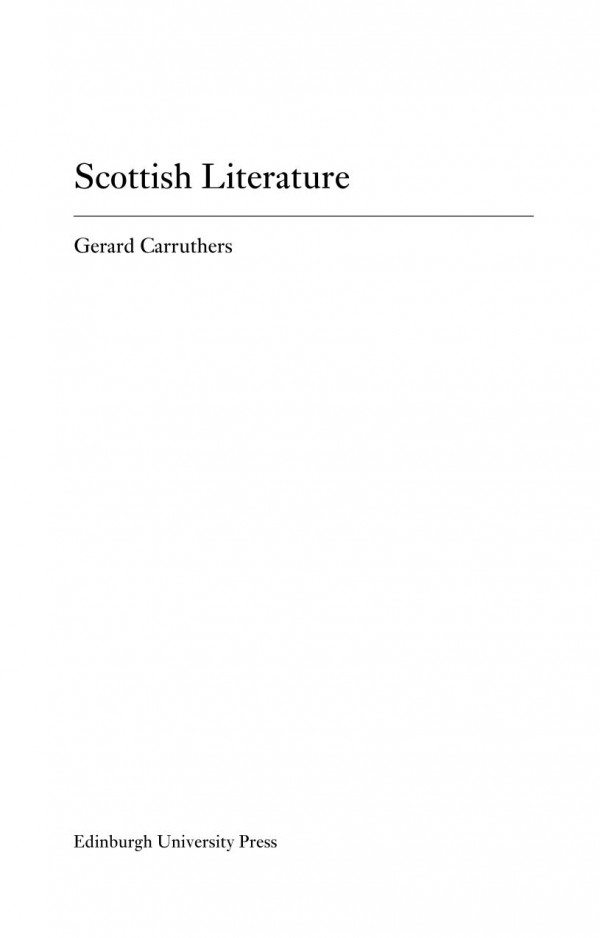

Most ebook files are in PDF format, so you can easily read them using various software such as Foxit Reader or directly on the Google Chrome browser.
Some ebook files are released by publishers in other formats such as .awz, .mobi, .epub, .fb2, etc. You may need to install specific software to read these formats on mobile/PC, such as Calibre.
Please read the tutorial at this link: https://ebookbell.com/faq
We offer FREE conversion to the popular formats you request; however, this may take some time. Therefore, right after payment, please email us, and we will try to provide the service as quickly as possible.
For some exceptional file formats or broken links (if any), please refrain from opening any disputes. Instead, email us first, and we will try to assist within a maximum of 6 hours.
EbookBell Team

4.1
100 reviewsThis guide combines detailed literary history with discussion of contemporary debates about Scottishness.
The book considers the rise of Scottish Studies, the development of a national literature, and issues of cultural nationalism. Beginning in the medieval period during a time of nation building, the book goes on to focus on the 'Scots revival' of the eighteenth and nineteenth centuries before moving on to discuss the literary renaissance of the twentieth century. Debates concerning Celticism and Gaelic take place alongside discussion of key Scottish writers such as William Dunbar, Robert Burns, Walter Scott, Thomas Carlyle, Margaret Oliphant, Hugh MacDiarmid, Alasdair Gray, Janice Galloway and Liz Lochhead. The book also considers émigré writers to Scotland; Scottish literature in relation to England, the United States and Ireland; and postcolonialism and other theories that shed fresh light on the current status and future of Scottish literature.
Key Features